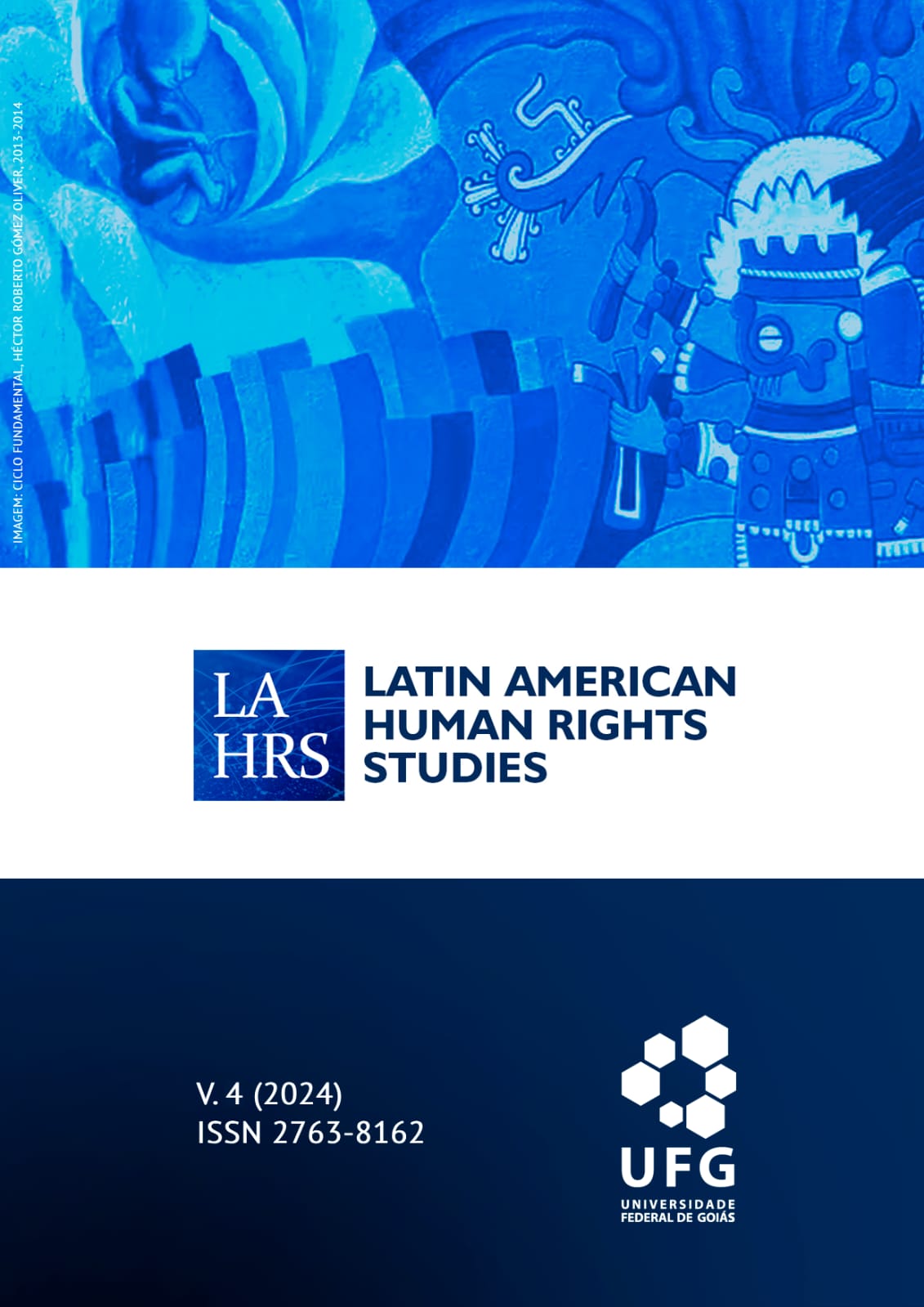Manifest intersectionality:
the epistemological contribution of theories developed in the global south
DOI:
https://doi.org/10.5216/lahrs.v4.81299Keywords:
Feminismo Negro. Abordagem Decolonial. Teoria Feminista.Abstract
The concept of intersectionality was systematized by Kimberlé Williams Crenshaw and first published in her article "Demarginalizing the Intersection of Race and Sex: A Black Feminist Critique of Antidiscrimination Doctrine, Feminist Theory, and Antiracist Politics" in 1989. Intersectional theory suggests that, instead of dealing exclusively with distinct groups of people, we deal with groups that overlap. This overlap can intertwine in areas such as gender, race, ethnicity, age, among others. Before coining the concept, Crenshaw had already been working on it in her writings on race and gender. Similarly, in the Global South, intersectional issues were already concerns of researchers such as Lélia Gonzalez (1984; 2018) and Sueli Carneiro (1997) in their essays and articles on gender and race, with studies on the challenges faced by Black women, identity construction, and Black feminism. The writings of Lélia Gonzalez, a Brazilian anthropologist, as well as those of other researchers with a decolonial approach, are of paramount importance for understanding the intersectional issues faced by women from emerging and underdeveloped economies. Through qualitative research with a decolonial approach, this paper aims to trace the epistemological contribution of the theories developed by researchers in the Global South, such as Lélia Gonzalez (1984; 2018) and Sueli Carneiro (1997), to broaden the understanding of the concept of intersectionality.
Downloads
Published
Issue
Section
License
Copyright (c) 2024 Latin American Human Rights Studies

This work is licensed under a Creative Commons Attribution 4.0 International License.
CC BY (Attribution 4.0 International): This license allows reusers to distribute, adapt, and build upon the material in any medium or format, so long as attribution is given to the creator. The license allows for commercial use. See the full license.


